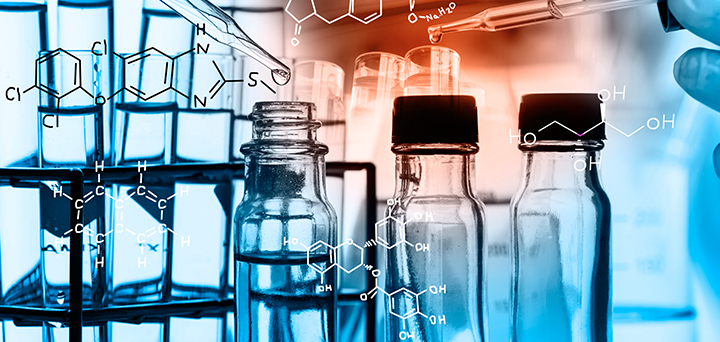Biotechnology and pharmaceutical industry growth in Mexico

Pharmaceutical industry in Mexico has been constantly transformed since 2011) with the entrance of international groups to this area. Mexico is the new center of attention for increasing markets because of the facilities it gives to them in terms of creation and protection of new formulas or technologies.
Nowadays in Mexico you can find out new undergraduate programs like Nanotechnology in Polytechnical National Institute (IPN) to clean water and Biotechnologic production in National Autonomous University of Mexico (UNAM) to revolutionize pharmaceutical industry worldwide.
In February 4th of this year, the Trans Pacific Partnership agreement (TPP) was signed which may be the link among Mexico and the world for new ways of creating, producing and selling technology. TPP is an agreement among: USA, Japan, Australia, New Zealand, Malaysia, Brunei, Singapore, Vietnam, Canada, Peru, Chile and Mexico. It is expected to be a watershed in global Medicine and technological business.
TPP will impact Mexican pharmaceutical industry because it classifies medicines into two types, chemical and biotechnological, giving at least eight years to protect the original production data of the formula. So generic pharmaceutics will need to develop their own clinic studies or wait more years for the expiring date of the protecting data period.
In the same way, TPP will extend patents validation if government slows down the process. Patents currently last 20 years and government will pay you in time if that process is delayed. Actually, the Mexican Industrial Property Institute (IMPI) takes between 2.5 and 3 years in developing a new patent. On the other hand, COFEPRIS (Federal Commission for the Protection against Sanitary Risks) may take around 60 days in approving medicines, but time increases as the complexity of the product does. With faster permissions, labs will see a faster return of investment.
Furthermore TPP proposes facilities for pharmaceutical groups to sell their products to the public hospitals and health-care programs, as well as the creation of new laws for all the unanswered requests in the entrance of new drugs. As the case of Germisol.
That is why Mexico has been living in a new era, a global one, when biotechnology is improving the market, bringing people and companies from all over the world like Amgen and Hetero Drugs inside the country that are spending over 100 million dollars in the resources they need to produce innovations and transfer technology and experts in these subjects.
According to Adrián Gabriel Ruiz Parra, Hetlabs Mexico General Manager: “Hetero Drugs is an Indian Company that arrived in Mexico in 2011 and has been through the tough years were generics have erosioned the prices in market but the doors Mexico has opened to us and the way we can reinforce our customers and increase our range in distribution not only to Europe but to Latin America is a way of making the market bigger and better”.
Mexico is growing in line with countries like India, which has been investing and working on biotechnology, and Brazil, a latin neighbor, that has been producing vaccines in an easier and cheaper way. Countries are developing these new technologies, pushing away boundaries to transform the world. That’s why firms like Pfizer are fusing with other pharmaceuticals like Anacor in order to produce their formulas and giving people a new life opportunity with brand new treatments.
Lisandro Herrera, Mexican Association of the Pharmaceutical Investigation Industry (AMIIF) Director declared that TPP is still being processed and the limit time for this is 2018, but major changes are being done and the country could triplicate its resources in the next five years if everything happens as expected. Nowadays, Mexico gets around $2,500 million pesos a year by developing and selling of medicine.

